
Join 10k+ people to get notified about new posts, news and tips.
Do not worry we don't spam!
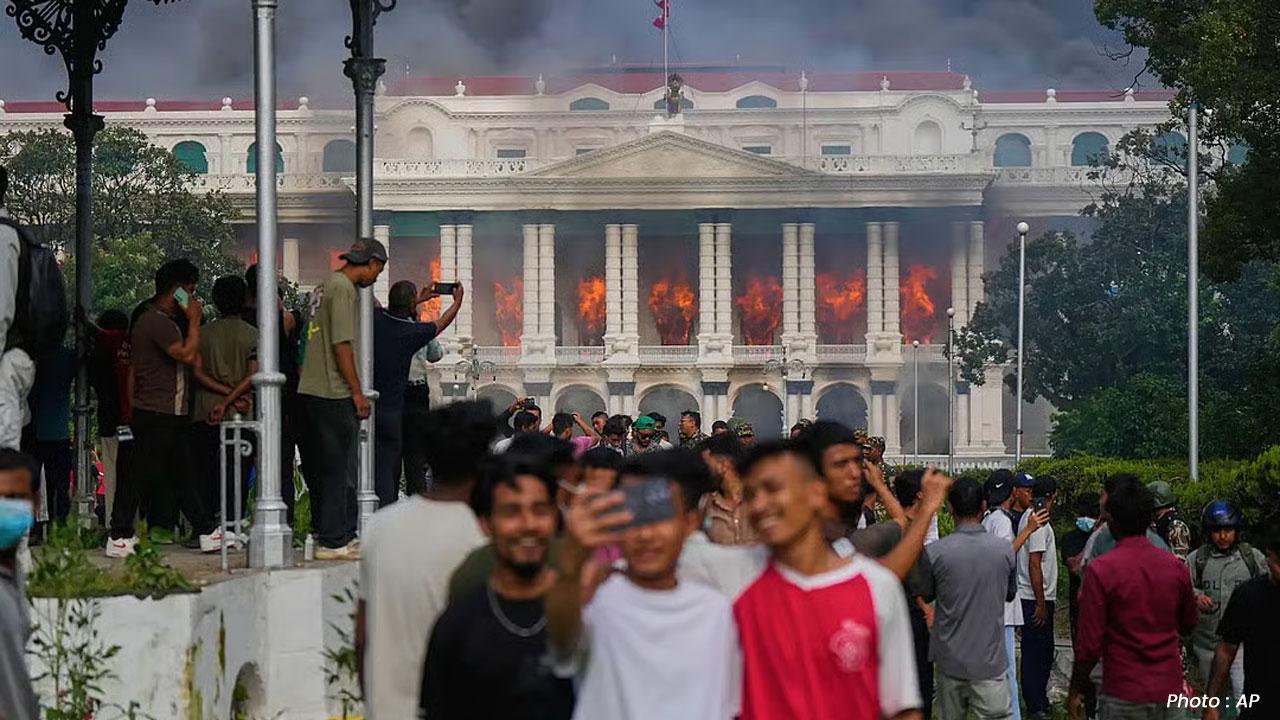
Post by : Raman
Nepal has seen one of the biggest uprisings in its recent history, and at the center of it was social media. What started as online posts about corruption, inequality, and the lives of political elites quickly grew into a massive protest movement. Within days, the demonstrations shook the country, forced the prime minister to resign, and opened a new chapter in Nepal’s political story.
In the days leading up to the protests, the Nepali government banned social media platforms like Facebook, YouTube, and X (formerly Twitter). Officials said these platforms had failed to register under new rules, but young people saw the ban as an attack on their freedom of speech.
Instead of staying quiet, they turned to VPNs (Virtual Private Networks), which allowed them to bypass restrictions. Downloads of VPN services increased by thousands of percent, showing how determined people were to stay online.
At the same time, another app, Bitchat, which works offline through Bluetooth, saw a huge rise in downloads. The app was designed to help people communicate even without internet access, and many young Nepalis used it to stay connected.
This sudden turn to alternative apps showed that in today’s world, governments cannot easily silence the digital voice of a generation.
The protests were largely led by young people in their 20s, often called Gen Z. Many of them had grown frustrated with slow economic growth, corruption, and the lavish lifestyles of political families.
A popular hashtag, #NepoKids, meaning “nepotism kids,” became a rallying cry. On Instagram and Facebook, young Nepalis compared the expensive designer clothes, luxury vacations, and flashy cars of politicians’ children to the struggles faced by ordinary citizens.
One viral post, liked more than 13,000 times, asked a powerful question: “Where is the tax money going?”
Rights activist Sanjib Chaudhary explained that this anger had been building for years. The social media ban only added fuel to the fire, making young people feel that their voices were being silenced.
On Monday, thousands of young Nepalis filled the streets of Kathmandu. They demanded an end to corruption and the social media ban. But what started peacefully turned violent when police opened fire, killing at least 19 people.
The tragedy shocked the nation. Instead of ending the protests, the crackdown made them grow. By Tuesday, even more people joined the demonstrations. Parliament was set on fire, and Prime Minister KP Sharma Oli resigned.
The army soon stepped in to take control of security. At the same time, apps like Discord became new meeting places for activists. One server hosted over 145,000 members, where people debated who should lead the country next. Many supported Sushila Karki, Nepal’s first female chief justice, as interim prime minister.
Nepal is a young nation. More than half of its 30 million people are online, according to the World Bank. For young people, social media is not just entertainment—it is their space for political discussion, news, and activism.
Journalist Pranaya Rana explained:
“The whole thing started with young people posting on social media about corruption, and the lavish lives of political leaders’ children.”
This shows that digital platforms are not only for connecting friends—they can shape a country’s political future.
When the government tried to block access, young people did not give up. Instead, they found new tools and new ways to make their voices heard.
The Nepali government said the ban on social media was not aimed at silencing the #NepoKids trend. Instead, it argued that platforms had failed to follow rules to register in Nepal.
But the timing was seen differently by the public. Many believed the government was trying to shut down free speech. Digital rights expert Felicia Anthonio from Access Now explained that the government wanted the power to block “broad categories of speech,” including posts it considered misinformation or harmful to “social harmony.”
This move backfired badly. Instead of weakening the protests, it united people against the government. The sudden rise in Proton VPN sign-ups (up by 6,000 percent) proved that Nepalis were ready to fight digital censorship.
What happened in Nepal is part of a global story. Around the world, social media has become a powerful tool for political change. From the Arab Spring in the Middle East to protests in Hong Kong, young people have used digital platforms to share ideas, expose corruption, and organize movements.
In Nepal’s case, what began as online anger over corruption quickly grew into a national uprising. Within days, an entire government collapsed.
It shows that in today’s world, digital freedom is tied to political freedom. People will fight to protect both.
Although Oli has resigned and Sushila Karki has stepped in as interim prime minister, Nepal still faces many challenges. The country must now prepare for fresh elections, rebuild trust in its institutions, and ensure stability.
For young people, the protests have given a sense of power and responsibility. Many now feel that their voices can truly bring change. But turning this energy into long-term reform will not be easy.
Nepal has faced years of political instability. Governments change often, and corruption remains a deep-rooted problem. The new leadership will need to prove that it can deliver real progress in jobs, development, and good governance.
The Nepal uprising offers important lessons not just for its people but for other nations too:
Digital voices cannot be silenced easily.
Even with bans and blocks, people find ways to connect.
Young people are central to political change.
Gen Z is informed, connected, and unafraid to speak up.
Corruption and inequality create long-term anger.
Social media simply gives people the platform to express it.
Governments must listen, not silence.
Attempts to block free speech can backfire and spark even bigger movements.
Nepal’s uprising is a story of how social media, young people, and digital freedom combined to reshape politics in just a few days. From the streets of Kathmandu to servers on Discord, the demand for change grew too powerful to ignore.
The government’s attempt to silence voices ended up strengthening them. In the end, the young generation forced a prime minister to resign and opened a new debate about the nation’s future.
As the country looks ahead, one thing is clear: the youth of Nepal, armed with their smartphones and determination, have changed the balance of power. Their message is simple—freedom, accountability, and equality are not negotiable.
Nepal protests, Nepal social media ban, Gen Z uprising Nepal, Nepal prime minister resignation



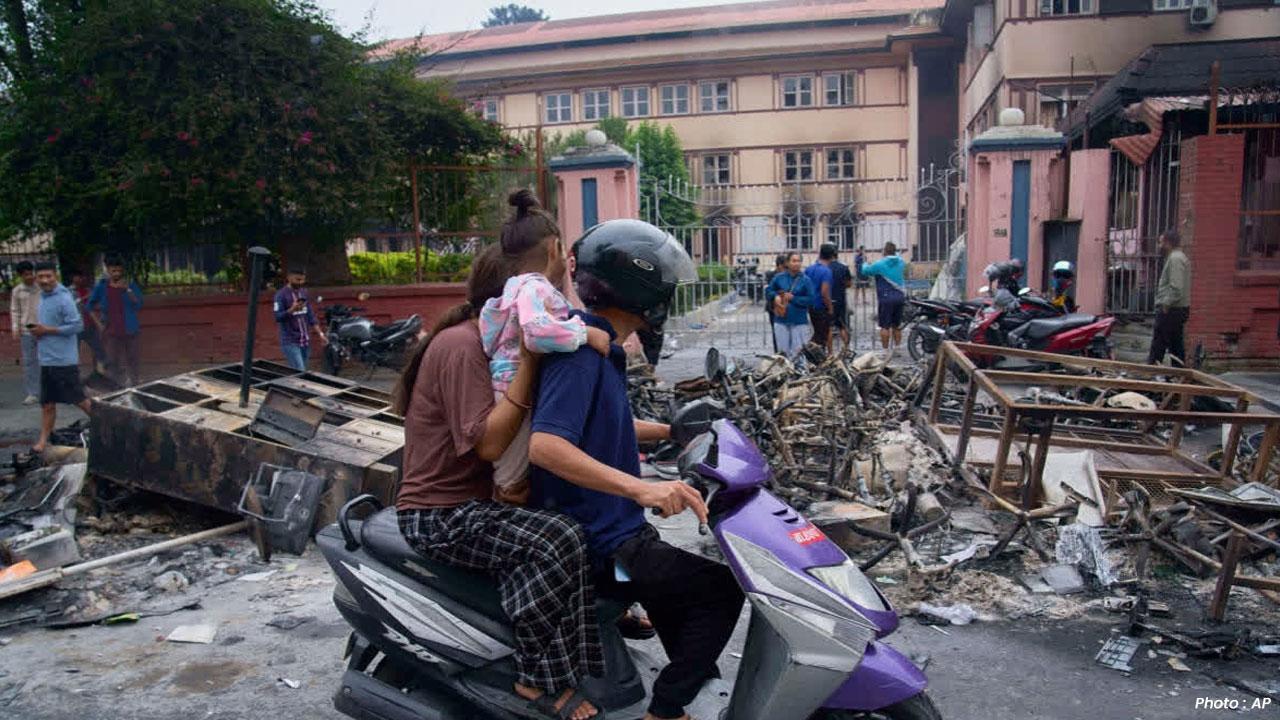

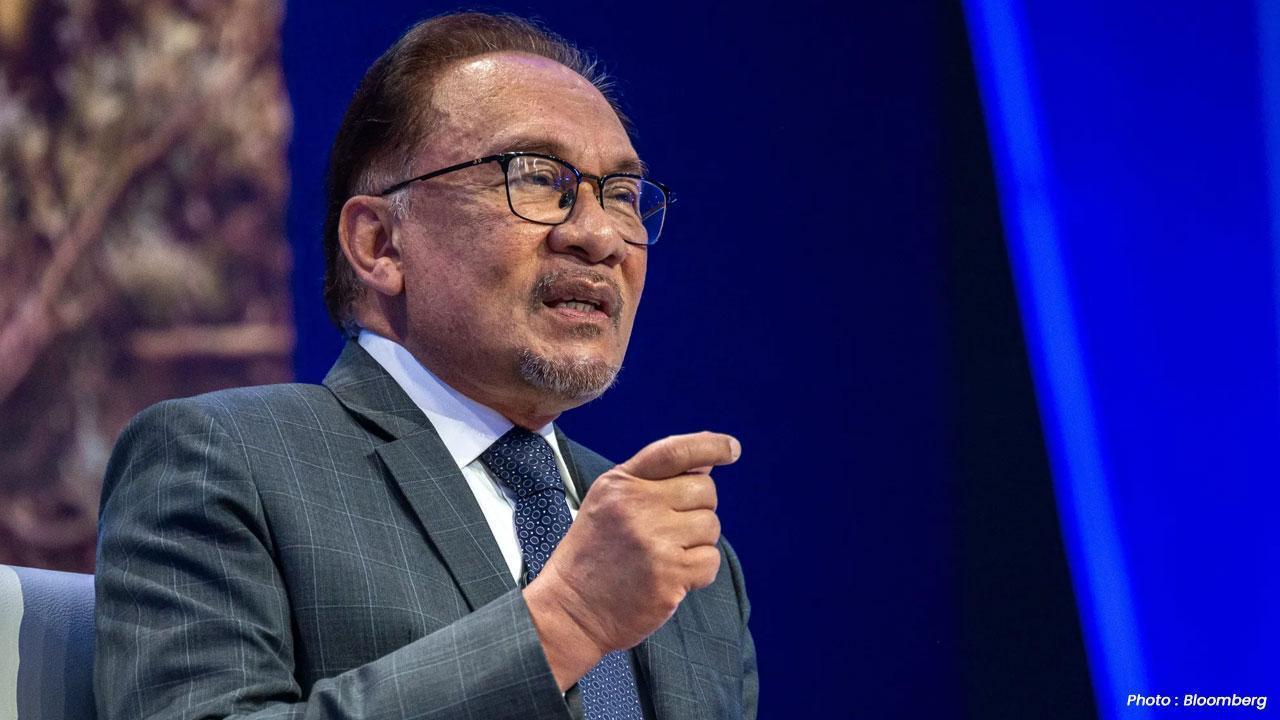

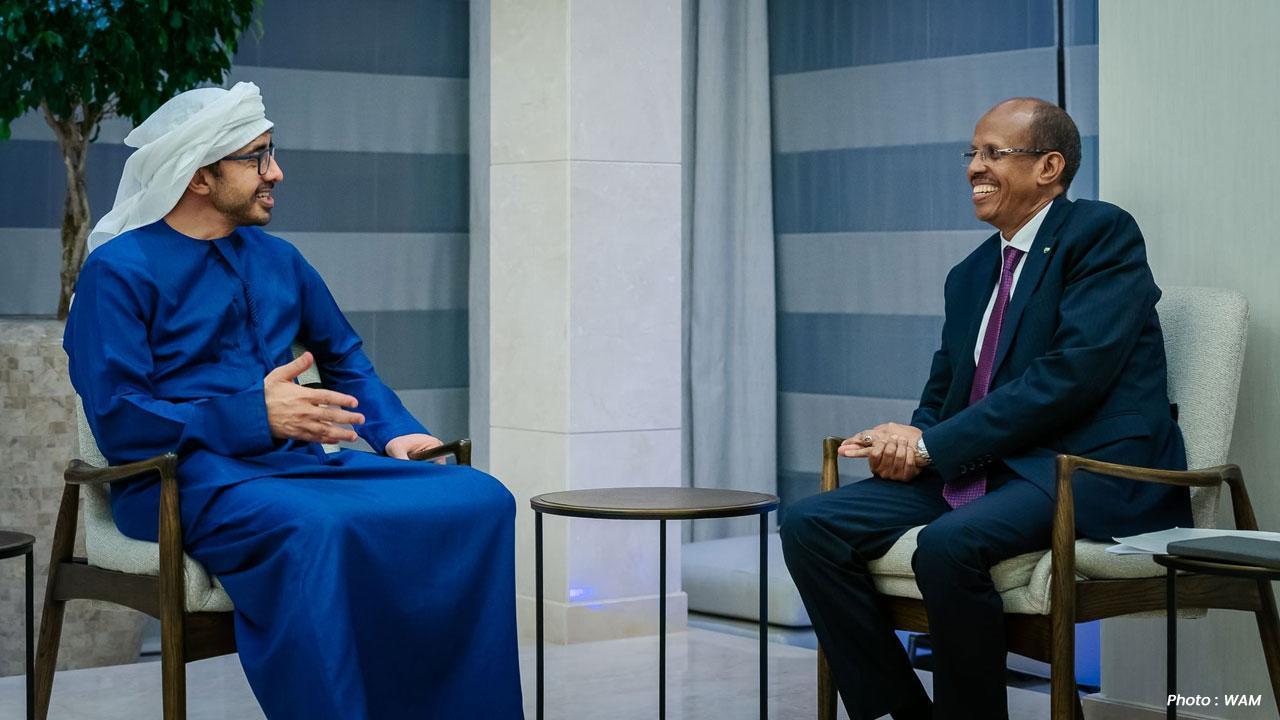

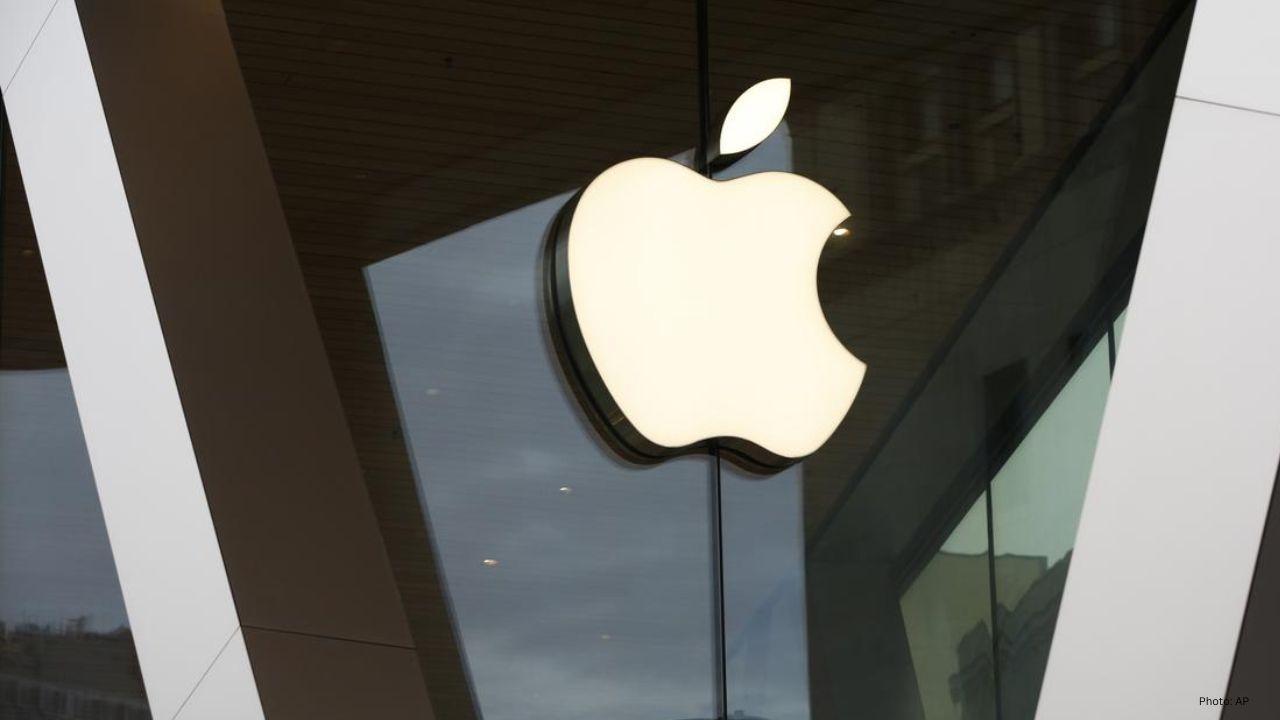
Apple AI Leader Robby Walker Quits Amid Delays in Siri
Apple AI chief Robby Walker is leaving after a decade, raising concerns as Siri upgrades face delays

Phil Salt’s Record 141 Powers England to Big T20 Win
Phil Salt hit 141 not out as England smashed 304 runs to crush South Africa by 146 in the 2nd T20 at
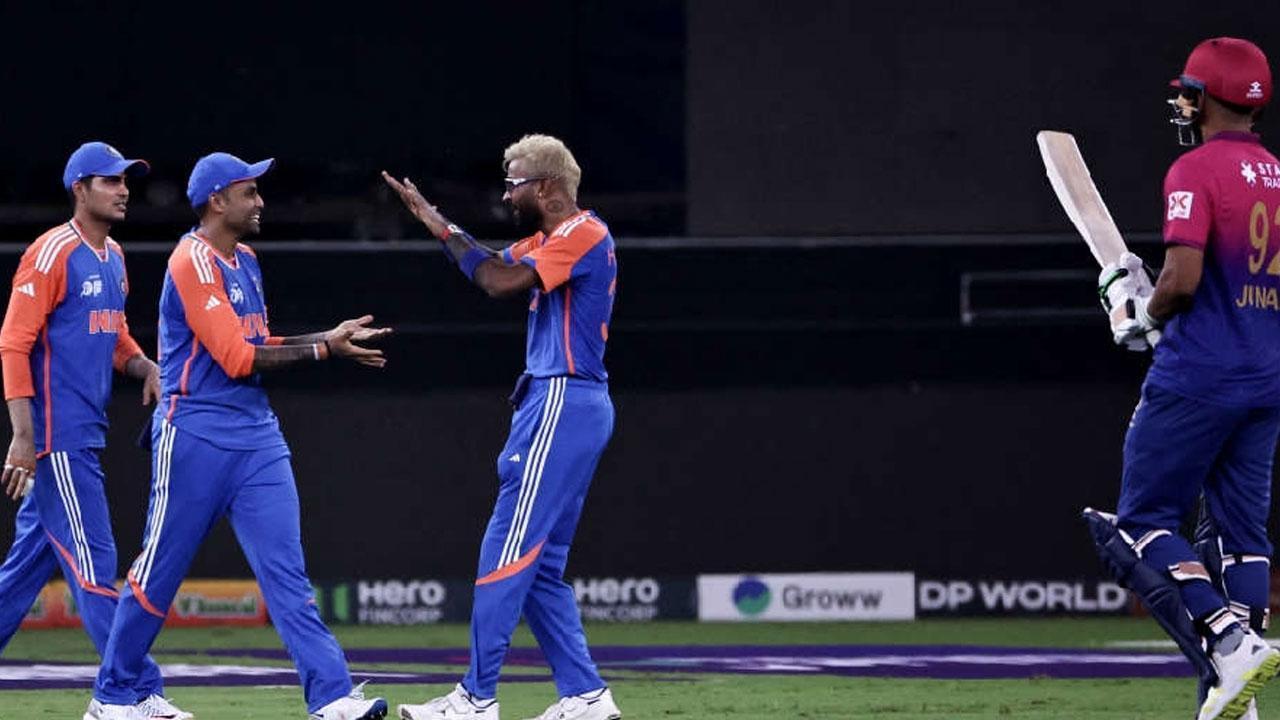
India Dominates UAE by 9 Wickets in Asia Cup 2025 Opener with Brilliant Bowling
India dominates UAE in Asia Cup 2025 opener, winning by 9 wickets with Kuldeep Yadav shining and a q

Karishma's Kids Get 1,900 Crore: Priya Kapoor Defends Sunjay Kapur Estate
Priya Kapur claims Karisma Kapoor’s children already received Rs 1,900 crore as court battle over Su
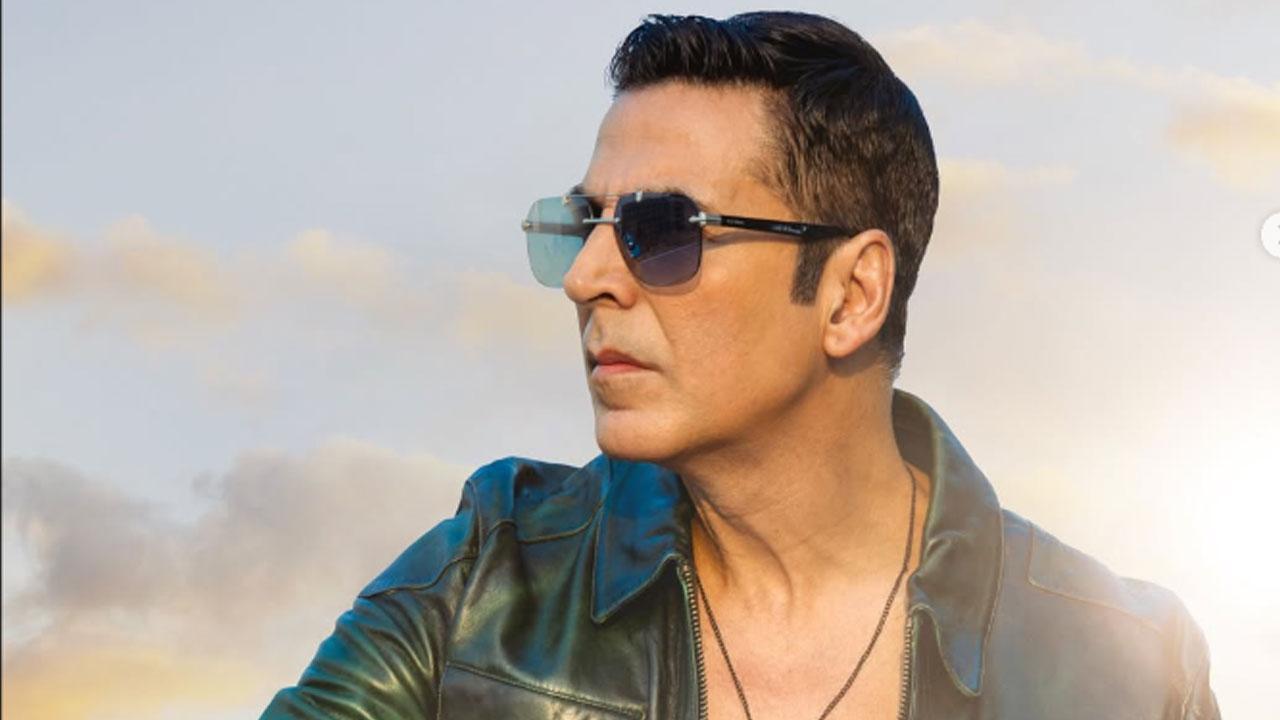
Akshay Kumar 58th Birthday Heartfelt Thanks to Fans and Colleagues
Bollywood star Akshay Kumar celebrates his 58th birthday with gratitude, thanking fans and colleague

Hina Khan Backs Ashnoor Kaur After Farhana Bhatt Bigg Boss 19 Remarks
Hina Khan supports Ashnoor Kaur after Farrhana Bhatt’s comment on Bigg Boss 19, sparking social medi